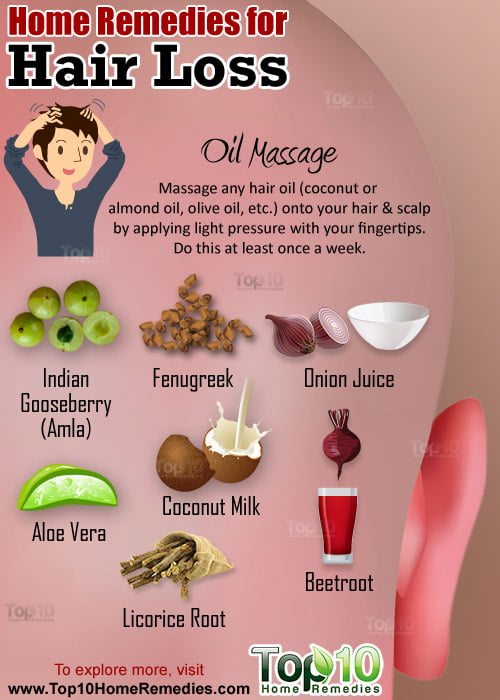
Samsung’s 2016 flagship smartphone – the Galaxy S7 – has been a huge hit with critics. It’s widely considered to be the best Android alternative to the iPhone 6S since its release earlier this year.
Apple now has a brand new phone to rival it – the all-new iPhone 7. The phone launches tomorrow and should be one of the best smartphones money can buy.
The iPhone 7 and the Galaxy S7 will be competing as the two best iOS and Android handsets on the market. So how do they compare?
Design
In terms of looks, these are two of the most attractive smartphones on the market right now. “Either one would be in the final of a smartphone beauty pageant and the judges would have a hard time picking a winner”, says Stuff.
The site says that the phone’s “metal edges and solid glass rear scream premium, both in and out of your hands”. Go for the larger S7 Edge model and the edges of the display curve around into the sides of the handset.
The latest iPhone has a similar appearance to the last one and is still a looker. With a round, anodised aluminium casing that looks tidier than the one on the iPhone 6S, it’s exactly the same size and shape as its predecessor.
Both phones sport water and dust resistant designs but the S7 is the tougher phone – it has an IP68 rating compared to the iPhone 7’s IP67 protection.
Display
The iPhone is marginally the smaller device of the two and as such its 4.7ins display can’t match the 5.1ins panel Samsung has packed into the frame of the S7.
On paper, the technology powering the display lags too. Apple is still using LCD Retina displays, with a resolution of 750 x 1334 and a pixel density of 326ppi on the iPhone 7. Supposedly this one is 25 per cent brighter and the new wide colour gamut means you should see brighter, more vibrant tones. Like the iPhone 6S, the iPhone 7’s display has pressure-sensitive 3D Touch too. You can use it for shortcuts and peeking into apps without loading them up.
The Galaxy S7 is an AMOLED phone sporting a 1,440 x 2,560 resolution with a pixel density of 577ppi. Alphr says it’s simply “one of the best displays you can get on a smartphone right now”. The Super AMOLED technology produces deep blacks, radiant tones, and pinpoint sharp pictures. It lacks the iPhone’s 3D Touch capability, but the site says everything else is superior – “it’s clear that one screen is much better than the other”.
Cameras
Both phones make use of 12 megapixel main cameras with optical image stabilisation to combat shaky hands, and while Apple has made the aperture on its new device much wider to let in more light – something that should lead to big improvements in low light photography – the f/1.8 opening isn’t as wide as the Samsung’s f/1.7. In theory, Samsung’s phone should be better when conditions are less than ideal.
Both have their own set of perks. The new iPhone 7 camera has a powerful quad LED True Tone flash, as well as a sensor that can compensate for flickers of artificial light – indoor shots and those taken in light-filled areas should produce crisp, clean images.
Alternatively, Samsung’s phone has dual-pixel technology, meaning it can focus rapidly.
Both phones have front facing cameras too, though Apple has stepped up its game significantly – the selfie snapper on the iPhone 7 is a 7 megapixel sensor, whereas the Galaxy S7’s is 5mp.
Performance, battery life and hardware
This year’s new iPhone gets an all-new chipset. Called the A10 Fusion, Apple claims that it’s 40 per cent faster than the A9 you’ll find in the iPhone 6S and that it’s also more efficient. The A10 is a quad core processor. Two of the cores deal with low power tasks like refreshing apps in the background and receiving messages, while the other two come to life for more demanding tasks.
As such, Apple claims that this new iPhone has better battery life than its predecessor by around two hours – that’s 14 hours of talk time and about 40 hours of music.
In the UK, Samsung’s phone uses an octa-core Exynos 8890 chip mated to 4GB RAM. On paper, it means that the Galaxy S7 is an immensely powerful smartphone, though as [3] Expert Reviews points out, Apple’s phones are usually highly optimised. On paper, the S7 is stronger, but the iPhone’s efficiency could win out.
The S7 will probably last longer though – Samsung claims a 22-hour talk time for its top end smartphone. Unlike older Samsung phones, the battery is not removable.
Both phones have fingerprint scanners embedded in their home buttons and come equipped with NFC chips for Apple Pay and Android Pay abilities.
In terms of storage, Apple’s new iPhone is offered with 32GB, 128GB, or 256GB of on board memory. The Galaxy S7 can be bought with 32GB or 64GB, though there’s a Micro SD card slot that accepts memory cards up to 256GB in size.
One of the most controversial hardware omissions on the new iPhone is the headphone jack. You can either use Lightning port ready headphones or the adaptor bundled with the phone to listen to music.
Prices
Samsung’s phone has been on the market for six months now, and is priced from £569, making it a cheaper device than the iPhone 7.
When Apple’s phone launches tomorrow, it’ll be priced higher at £599. A £30 difference isn’t that much when both phones are priced comfortably towards £600, but ramping up the specs on your iPhone 7 could make it a very expensive proposition indeed.
If you want the 256GB version, it’s priced from £799 – going for a Galaxy S7 and buying a 256GB Micro SD card separately works out a lot cheaper.
Verdict
Given that the iPhone 7 hasn’t been released yet and time with the phone has been limited, most tech sites can only deliver initial verdicts – more in depth results will arrive in time.
Alphr reckons that the final scores are close – too close to warrant jumping over from one system to the other. If you’re already in the iOS ecosystem, the iPhone 7 is worth sticking around for. Similarly for Android fans, the Galaxy S7 means there’s no need to move over to Apple.
Similarly, Trusted Reviews says that for many buyers the best way to choose is to opt for your preferred operating system. Initial impressions suggest it’s too close a call in terms of hardware, power and how good the cameras are, so let your preferred system determine your decision.
Expert Reviews points out that the S7 is the better value phone, however. For a cheaper price tag, you’ll be buying power, excellent cameras and one of the best smartphone displays money can buy. Price certainly makes a compelling case for the Galaxy S7.
[source;theweek]





















